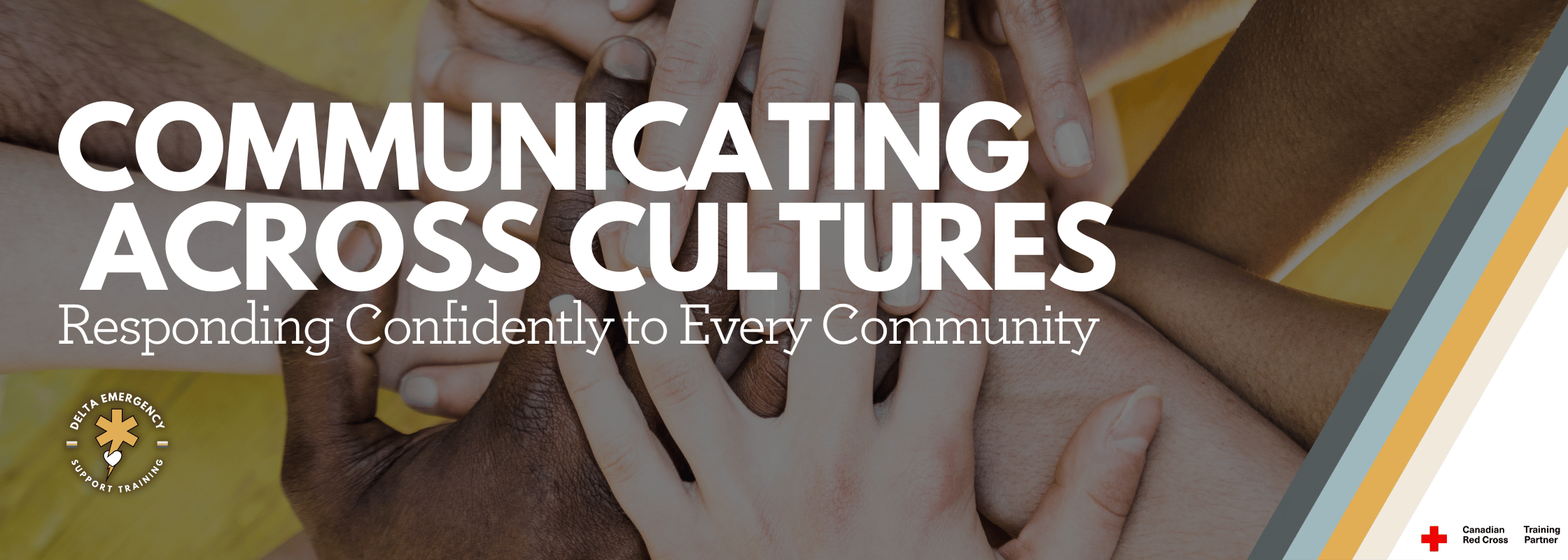Cultural Differences and Language Barriers: A First Responder’s Guide to Respectful, Effective Care
/As a first responder, you’re trained to act swiftly and decisively—but every emergency call is unique. One of the most important factors that can affect your response is cultural diversity. From language barriers to differing customs, beliefs, and expectations, understanding and respecting cultural differences is essential to providing compassionate and effective emergency care.
This guide explores common challenges you may encounter and offers practical strategies for navigating language barriers and cultural nuances with respect and professionalism.
1. Recognizing the Impact of Cultural Differences
Culture shapes how people perceive health, illness, pain, and emergency care. For example:
Some cultures prefer family involvement in medical decisions, while others expect individual autonomy.
Eye contact, physical touch, and personal space norms vary widely.
Certain gestures, language, or uniforms may be misunderstood or viewed differently.
Religious or cultural practices may affect treatment preferences (e.g., gender considerations, modesty, dietary restrictions).
Being aware of these factors helps you approach each situation with sensitivity.
2. Language Barriers: Challenges and Solutions
Language differences can hinder communication, delay treatment, or cause misunderstandings. Common challenges include:
Difficulty understanding symptoms or medical history.
Inability to explain procedures or gain informed consent.
Stress and fear amplified by lack of clear communication.
How to Overcome Language Barriers:
Use clear, simple language. Avoid jargon, speak slowly, and use short sentences.
Use non-verbal communication. Gestures, facial expressions, and demonstration can help convey meaning.
Employ translation tools such as phone interpretation services or translation apps if available.
Involve bilingual family members or community members cautiously—ensure they understand medical confidentiality.
Be patient and give time for responses. Don’t rush; encourage questions.
3. Showing Respect for Cultural Beliefs and Practices
Respect is the foundation of effective care. To show respect:
Ask permission before touching the patient—especially with cultural or religious sensitivities.
Respect privacy and modesty. Use same-gender responders when possible.
Be mindful of dietary or medical restrictions related to religion or culture.
Avoid assumptions or stereotypes. Every individual is unique, even within cultural groups.
Listen actively and validate concerns. Even if you can’t fully accommodate, acknowledging beliefs builds trust.
4. Practical Tips for First Responders
Prepare ahead: Learn about cultural demographics in your service area and common practices.
Use cultural competence training to build awareness and skills.
Maintain a calm and compassionate demeanor. Non-verbal cues can ease tension.
Clarify understanding: Repeat key information back to ensure comprehension.
Document any cultural considerations relevant to treatment or care.
Be adaptable: Some situations require flexibility while maintaining safety and protocol.
5. The Role of Empathy and Patience
Responding with empathy can bridge gaps where words fall short. Simple acts—like a reassuring tone, gentle touch (when appropriate), or attentive listening—can make a huge difference. Patience helps you navigate confusion or fear, especially when communication is tough.
6. When to Call for Assistance
If language barriers severely impair communication and immediate care decisions, or if cultural concerns affect treatment, don’t hesitate to:
Request professional medical interpreters.
Consult supervisors or cultural liaison officers if available.
Involve community health workers who understand cultural contexts.
7. Why Cultural Competence Matters
Respectful, culturally aware care leads to:
Better patient cooperation and outcomes.
Reduced stress and fear for patients and families.
Stronger community trust in emergency services.
Enhanced professional confidence and effectiveness.
Final Thoughts
Every call is more than just a medical emergency—it’s a human moment shaped by diverse stories and backgrounds. As a first responder, your cultural sensitivity and ability to navigate language barriers not only save lives but honor the dignity of every individual you serve.
By embracing respect, patience, and continuous learning, you make your emergency care truly inclusive and effective.



